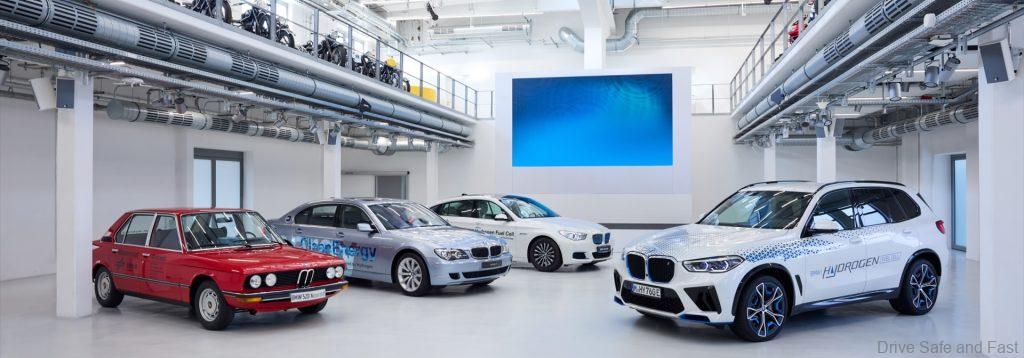The BMW Hydrogen Journey: 45 Years of Innovation and Collaboration
For over four decades, BMW has been at the forefront of hydrogen technology research and development. From its humble beginnings in 1979 with a modified BMW 520 to the cutting-edge iX5 Hydrogen of today, the German automaker has consistently pushed the boundaries of alternative fuel vehicles.
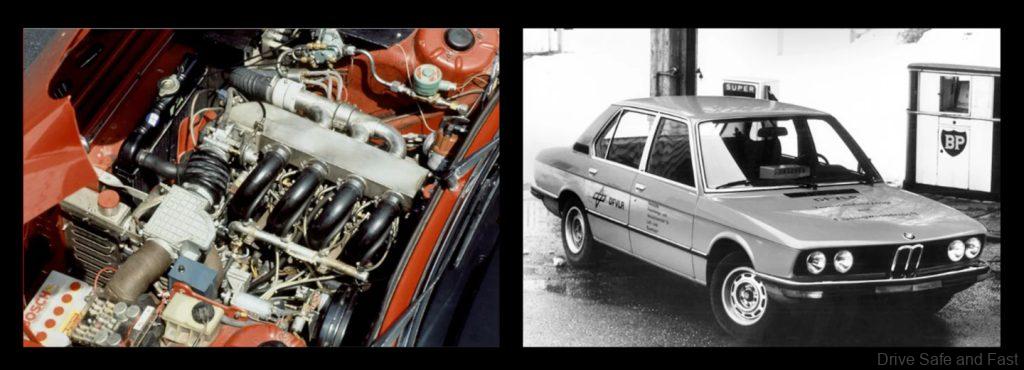
BMW’s hydrogen adventure began in collaboration with the German Aerospace Research Centre, proving that hydrogen could power a combustion engine. This laid the foundation for future developments, including the first liquid hydrogen-powered BMW 7 Series in 1980, which achieved a remarkable 300-kilometer range.
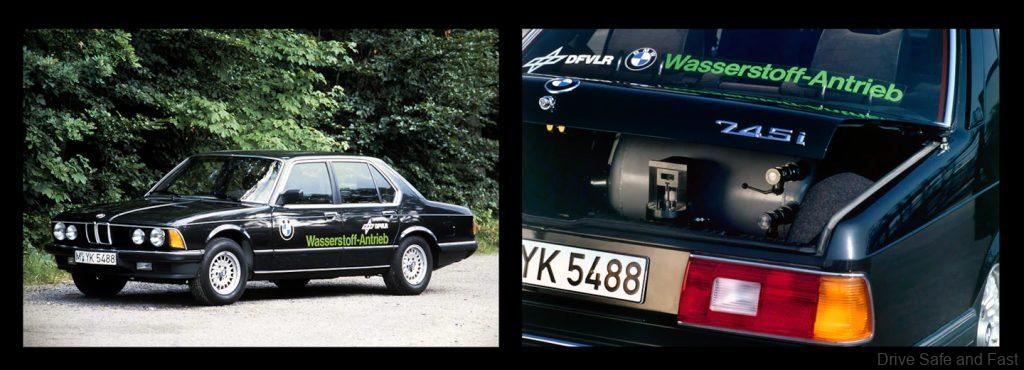
Throughout the 1980s and 1990s, BMW continued to innovate, creating dual-fuel prototypes and setting speed records with hydrogen-powered vehicles.
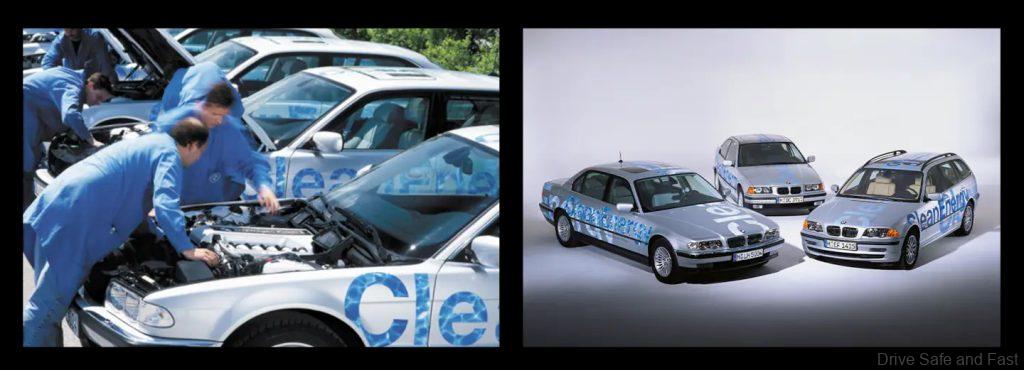
The turn of the millennium saw the introduction of the BMW 750hL, the world’s first hydrogen-powered 12-cylinder car, which covered an impressive four million kilometers in testing.
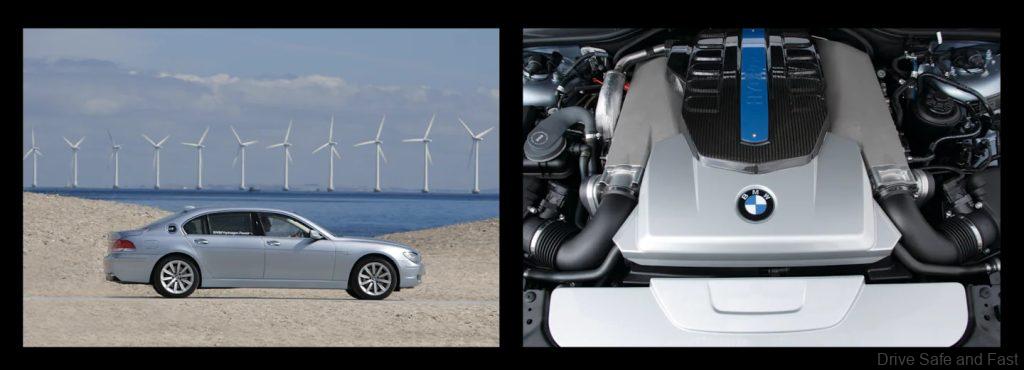
However, it’s BMW’s current partnership with Toyota, initiated in 2013, that has truly revolutionized their hydrogen technology. This collaboration led to the development of a state-of-the-art fuel cell system, which powers the latest BMW iX5 Hydrogen.


The iX5 Hydrogen, unveiled in 2023, represents the pinnacle of BMW’s hydrogen innovation. This groundbreaking electric vehicle combines the benefits of electric driving with the advantages of hydrogen fuel cell technology. With a range of up to 504 kilometers, an electric motor output of 295 kW/401 hp, and a refueling time of just three to four minutes, the iX5 Hydrogen showcases the potential of this technology for future mobility solutions.
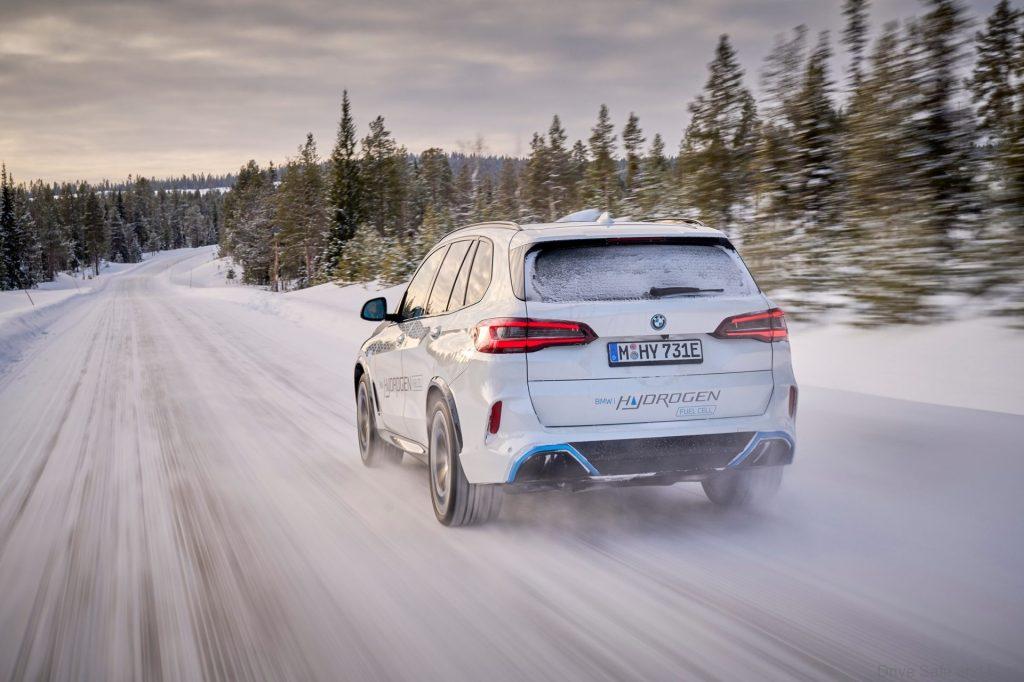
BMW’s commitment to hydrogen extends beyond just vehicle production. The company has established a hydrogen center of excellence in Garching, near Munich, where production of the second-generation fuel cell system began in August 2022. This facility serves as a hub for continued research and development in hydrogen technology.
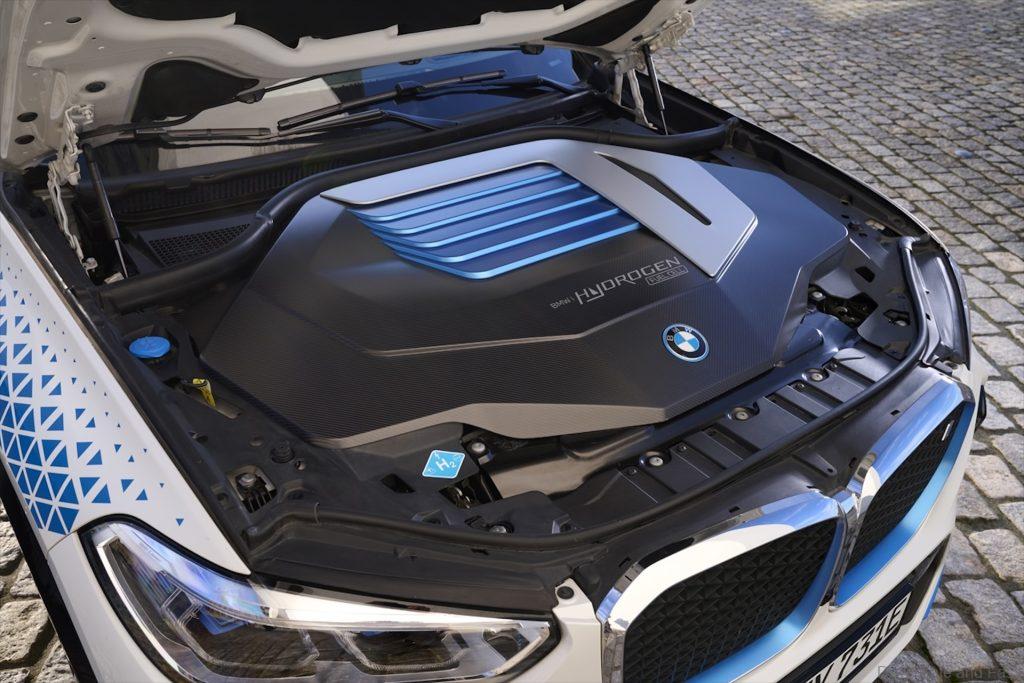
The iX5 Hydrogen has already made significant strides in real-world testing. In its first year, a fleet of less than one hundred vehicles covered almost one million kilometers across more than 20 countries. This world tour has not only demonstrated the vehicle’s capabilities but also raised awareness about the crucial role hydrogen can play in the global energy transition.
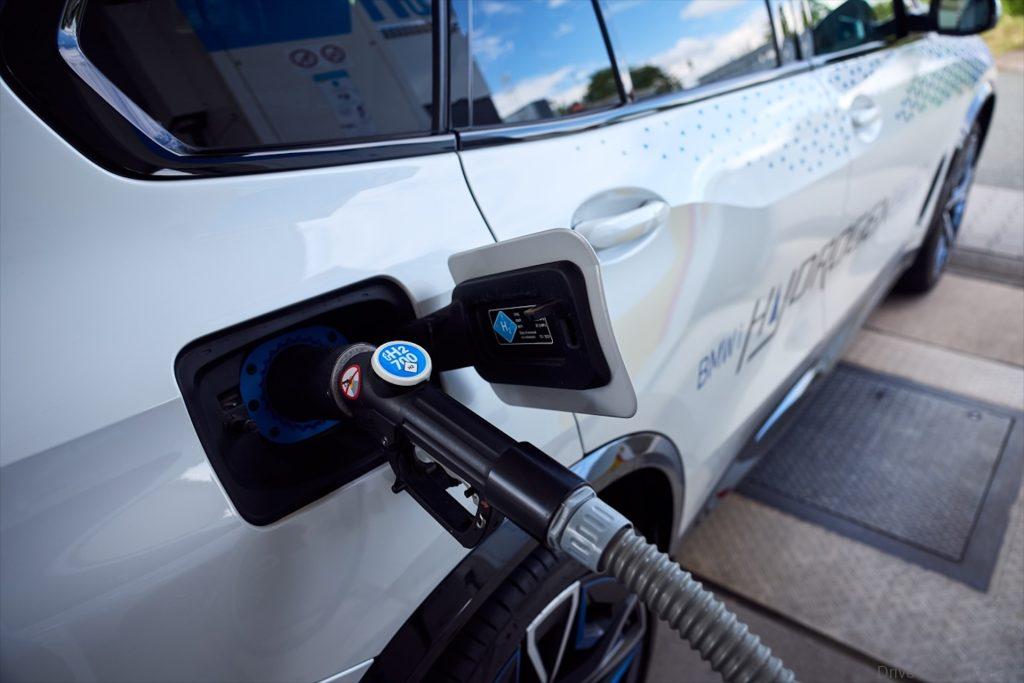
It’s also apparent that BMW and Toyota will continue expanding on their collaboration with a new 3rd generation of hydrogen-powered model in 2028, its first to be mass-produced and offered for sale.
